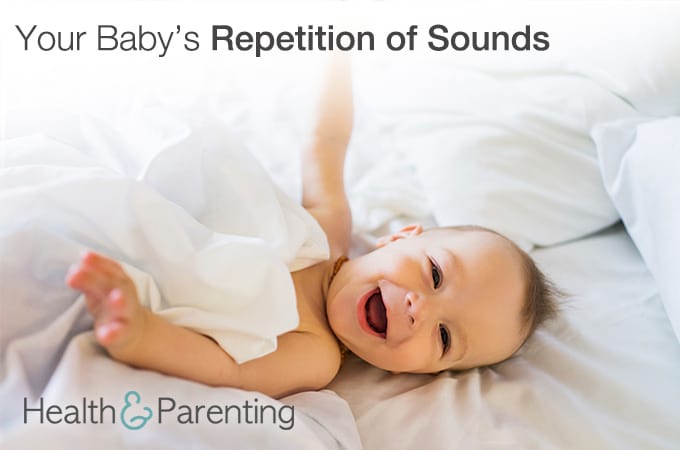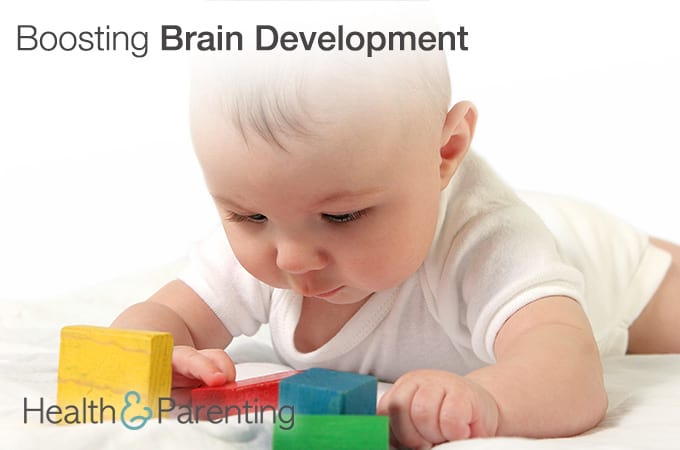If your baby does not feel well and has a cold or the flu, you probably can’t rest easy. Tiny noses that are all stuffed up can make both of you feel miserable. But it’s helpful to know when to take your little one to the doctor and how to ease symptoms at home.
As soon as your baby starts showing signs of a cold, you might wonder if you need to go to the doctor. If your baby is younger than three months, a trip to the pediatrician is needed as soon as symptoms start.
For babies older than three months, some signs to see your baby’s doctor include a cold that does not improve in five days. Also, if your baby’s mucus is green or yellow or he is pulling at his ear, it’s also a good idea to visit the doctor.
If your baby is older than three months and continues to be active, is feeding well and does not seem to be bothered by symptoms, you may not need to run to the doctor. Of course, regardless of your baby’s age if you have concerns or questions, a trip to the doctor will not hurt.
Cold and Flu Symptoms
Symptoms of a cold may include loss of appetite, a runny or stuffy nose and red eyes. Some babies also develop a cough, fever and become irritable. Since your baby’s nose may be stuffed, breastfeeding may be more difficult.
Although cold and flu are terms which are sometimes used interchangeably, they are not the same thing. A cold is a viral infection that affects the upper respiratory tract (nose, mouth and throat). The flu is also a viral infection, but symptoms may come on faster and may be more severe than a cold.
Either way, you want to do what you can to make your baby feel better. One thing that may help is easing your baby’s nasal congestion. Since babies can’t blow their nose, you’ll have to help remove the mucus. Consider using saline drops and a bulb suction to clear mucus. Put a few drops of saline in each nostril and suction the mucus with the bulb syringe. Saline baby drops are available at most pharmacies.
Placing a cool mist vaporizer in your baby’s room may also help loosen congestion. Just be sure to clean the machine regularly to prevent mold growth. Also, encourage extra feedings to prevent your baby from becoming dehydrated.
Don’t give your baby any medication without first talking to your pediatrician. Over the counter cold meds are not recommended for babies under six months.
Written by MaryAnn DePietro @ writerlady34
This information is not intended to replace the advice of a trained medical doctor. Health & Parenting Ltd disclaims any liability for the decisions you make based on this information, which is provided to you on a general information basis only and not as a substitute for personalized medical advice. All contents copyright © Health & Parenting Ltd 2016. All rights reserved.
















